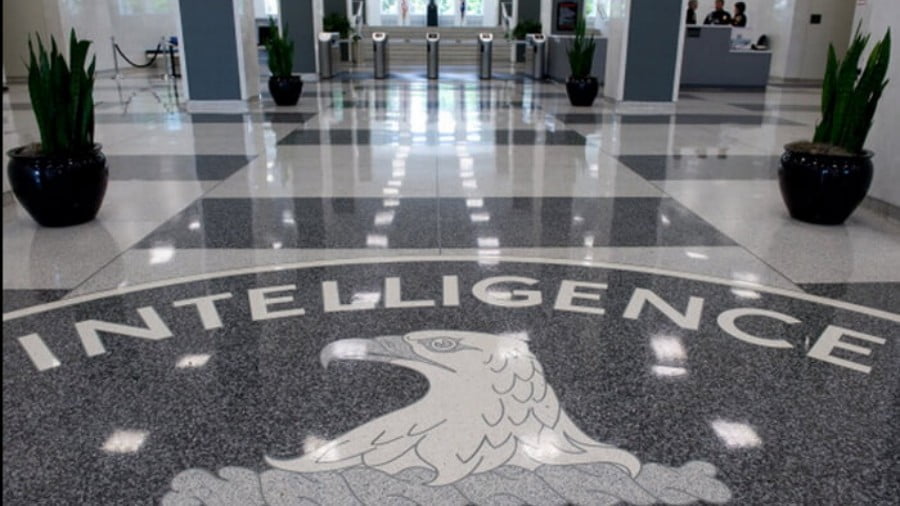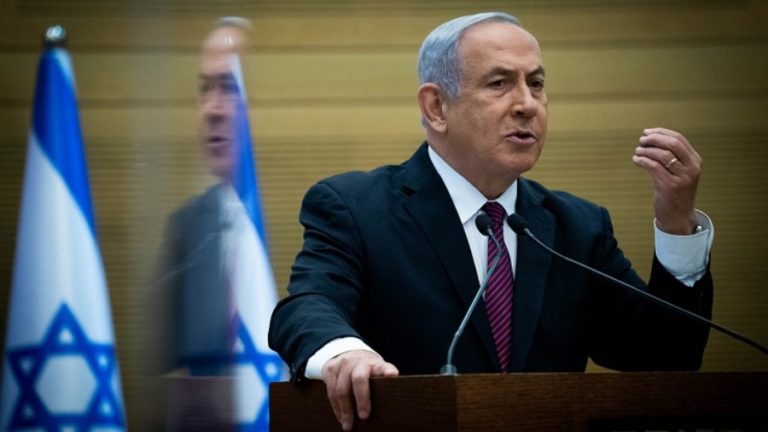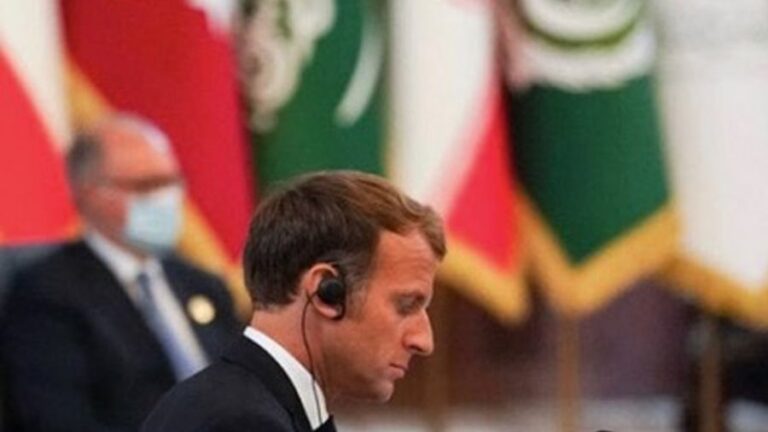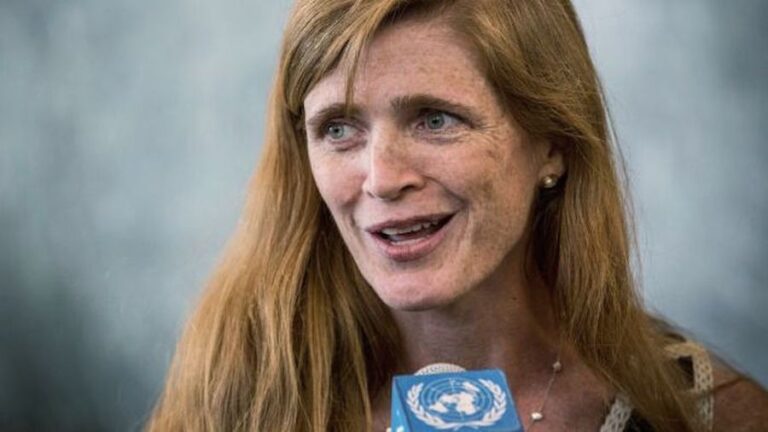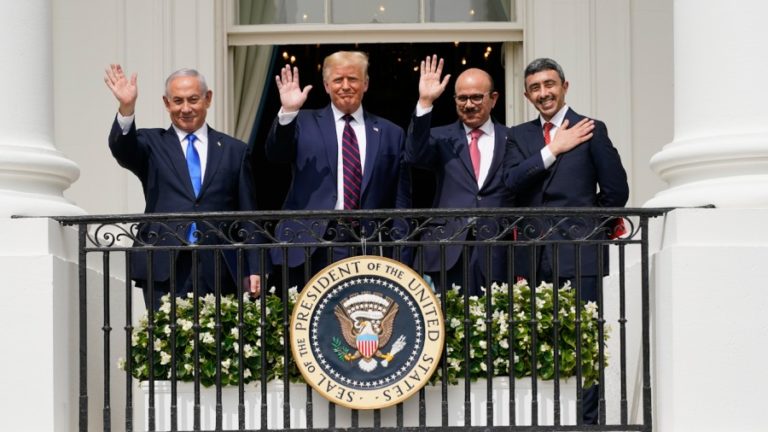Former and Current Presidents of Taiwan Made Noteworthy Trips
So, two very noteworthy events in the development of the Taiwan problem took place, previously assumed to be possible. This refers to the off-island travels of current Taiwanese President Tsai Ing-wen and her immediate predecessor (between 2008 and 2016) Ma Ying-jeou.
Once again, let us pay attention to the conventionality of terminology relating to one or another aspect of the development of this problem. Let us add, this issue is one of the most complex and dangerous in the modern world. Moreover, this conventionality directly follows from the very essence of the Taiwan problem.
First of all, the term “President of Taiwan (Republic of China)” itself is conditional. Because from the point of view of the leadership of the People’s Republic of China (as well as the Russian Federation), the Republic of China ceased to exist as a subject-object of international relations in 1972 at the latest. And in no case later than at the end of 1979, when official relations with Taipei were terminated even by Washington.
Beijing believes that during her last trip to two small countries in Latin America (which, along with a dozen other similarly sized countries, continue to maintain diplomatic relations with Taiwan), Mrs. Tsai could at best call herself a “regional leader”. The implication is that this is a region of the People’s Republic of China that, due to a number of circumstances, has so far been outside the sphere of its administrative governance.
Therefore, Mrs. Tsai and her most important colleagues in the current Taiwanese administration at times of very poor relations with Beijing (such as in the past two or three years) may be called by very unkind words, which are directly associated with very grave anti-state crimes. The prospect of ending up in the dock in connection with this has been clearly enough depicted recently by Beijing for the “Taiwan separatist leaders”. It is the word “separatism” on the Molotov cocktail bottle in the illustration to the Global Times article that is dedicated to the discussed trip of Ms. Tsai.
As for this and other articles in the NEO on the Taiwan problem, their author, feeling a certain discomfort, still uses those definitions of officials from the current administration of the island, which so far are accepted by the majority of its adult population. Should the current real status of Taiwan change (in one way or another), then new terminology will be used, which will be established in accordance with the wishes (hopefully) of the same Taiwanese.
So, the centerpiece of the entire discussed overseas tour of Taiwanese President Tsai Ing-wen was not at all official visits to the two “banana republics” of Central America, but “stopovers” in the United States. Since it is Washington, in fact, that determines the current real status of Taiwan in the international arena. There were two such “occasional stops” during the tour: at the beginning and at the end, when the plane provided for this purpose (apparently by the Taiwan Air Force) was returning home.
Although both of these “stops” (in New York and California) were remarkable in their own way, that is, they were accompanied by some landmark events (concerning the Taiwan issue), but the second one deserved special attention of commentators, of course. Because in the suburbs of California’s largest city, Los Angeles, the “Nancy Pelosi effect” worked again in less than a year. Which in its first edition also brought down sharply the (already bad) relations between the two leading world powers.
We should note that this “effect” of April 6 this year, in which the role of Nancy Pelosi was played by her current successor in the office of the Speaker of the lower house of the US parliament, Kevin McCarthy, was reproduced in a truncated format. It means that one of the key figures in the US governing hierarchy met with the “leader of Taiwan separatists” not on the island (as McCarthy himself had initially planned) but on the American soil.
Which, in the author’s opinion, shows that Washington has no intention to completely close the window of opportunity for dialogue with Beijing. At least for the time being. And this should be taken into account by special connoisseurs of the “apocalyptic” perspective of the ongoing process of radical reformatting of the world order. Let’s hope that the next “transition process” in human history, which is always acute, will soon reach a relatively equilibrium state. As for the shape of which it is unlikely to make any sense to speculate for the time being.
In this regard, the format of the discussed visit of the current Taiwanese president represents a considerable challenge for this relatively safe course of the mentioned “transition process”. Especially since Mrs. Tsai’s meeting with Mr. McCarthy was held in the iconic premises, which is the Ronald Reagan Presidential Library located in the suburbs of Los Angeles. Note that it was during the Reagan presidency that the (“ambiguous”) political course was formed, which all US administrations without much change are still adhering to.
In the same room, during a previous “stop on occasion” in the United States four years ago, Mrs. Tsai reproduced the famous words of R. Reagan: “Everything is negotiable except for two things: our freedom and our future.” Similar rhetoric was heard today from both Tsai Ing-wen and K. McCarthy.
And yet not words (which have become almost mandatory routine), but real acts of the US policy regarding the People’s Republic of China (PRC) in general and the Taiwan problem in particular, are now the source of the main challenges to the (relatively safe) course of the mentioned “transition process”. Although the noisy military actions provoked by the Taiwanese president’s current trip, in the author’s opinion, belong to the same forced-obligatory routine. It is to be hoped that the real politics in the relationship between the two leading world powers is done without too much noise and publicity.
In addition, the entire action of the Taiwanese president discussed here (which is defiant in relation to the PRC) had an essentially domestic political purpose. Early next year the ruling Democratic Progressive Party, which Tsai Ing-wen represents as president of Taiwan, will face an uphill battle against the Kuomintang Party in the next general election.
In the meantime, Ma Ying-jeou, Tsai’s immediate predecessor, was in the PRC at the time she made her overseas tour. Since he is a member of the Kuomintang Party, his trip was also clearly of an electoral nature. During his ten-day trip to the “mainland” territory, which he had never visited before (although his ancestors are buried there), the former Taiwanese president said that he recognized the well-known “1992 Consensus” and that “there are Chinese people on both sides of the Taiwan Strait.”
Of course, all this suits the Chinese leadership much better than the “separatist” rhetoric of the current Taiwanese president. However, Ma Ying-jeou introduced himself as the “former President of the Republic of China” which can hardly be viewed positively by Beijing today. In general, let us not rush to predict developments in the Taiwan Strait in the event of a (hypothetical) victory of the Kuomintang in the upcoming elections.
Finally, some factor once again emerged by which any casual observer can get an idea of what is really going on in this “global realpolitik”. Previously, this factor was evident in Japan-China relations, which are also becoming increasingly important.
A sure sign of their poor condition was Beijing’s refusal addressed to the Tokyo Zoo to extend the lease of the panda Xiang Xiang, which used to bring much joy not only to children but also to adults in the Japanese capital. Judging by the results of the visit of Japanese Foreign Minister to China, Yoshimasa Hayashi, recently discussed by the NEO, it is unlikely that the people of Tokyo will be able to see a replacement for Xiang Xiang in the near future. While the Japanese can still look at the animal, but in virtual Chinese publics only.
The same sign has emerged in the relations between the two currently leading world powers. We are talking about the fate of the panda Ya Ya, whose lease term by the zoo of Memphis, in Tennessee, USA, is also coming to an end. Moreover, it suddenly became clear that the health of Ya Ya had not been monitored very carefully by American veterinarians. So, the prospect of extending the lease of this panda too looks vague so far.
As ordinary observers of the development of the “global realpolitik”, along with Xiang Xiang, we now have another available object to satisfy our curiosity. Nicknamed Ya Ya.


